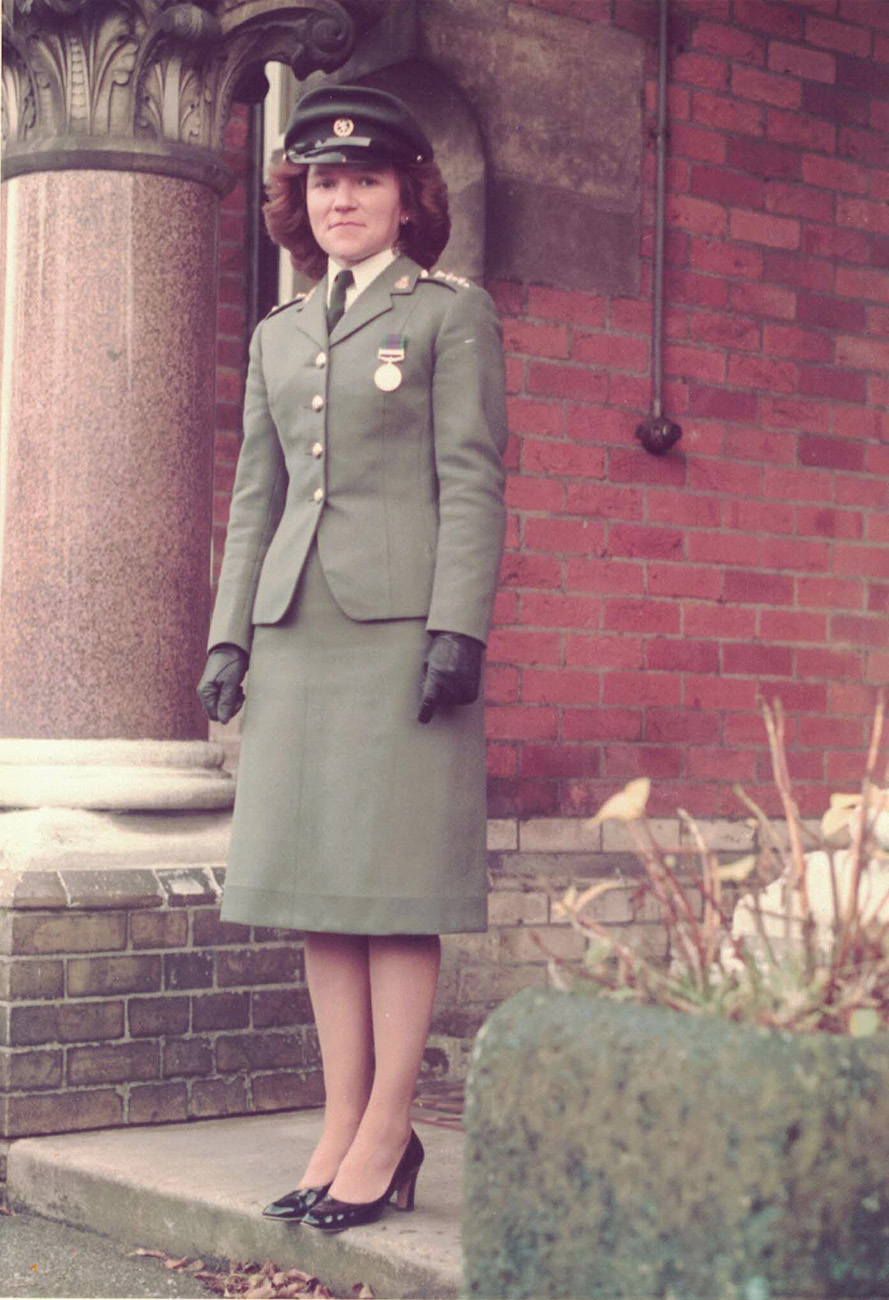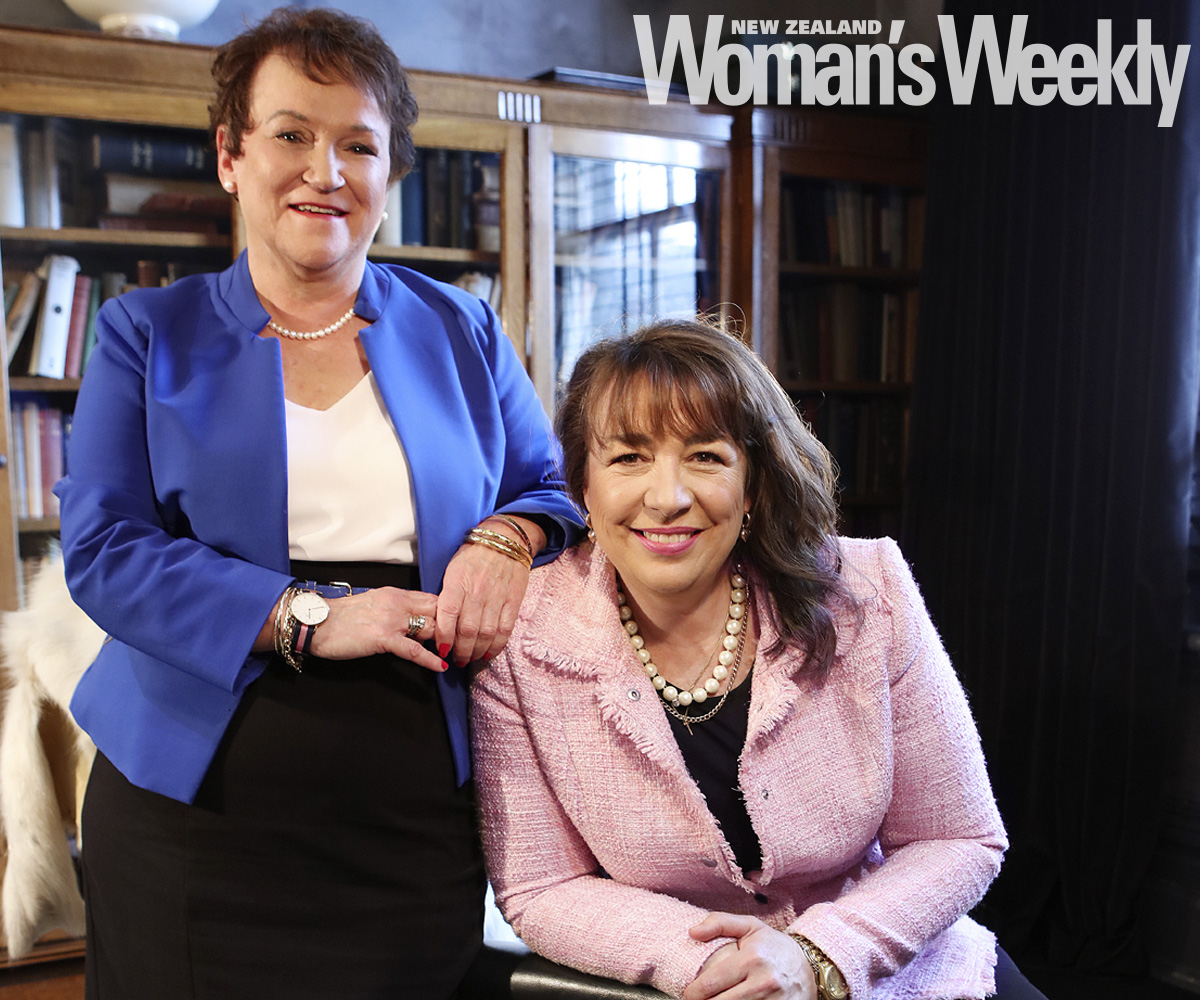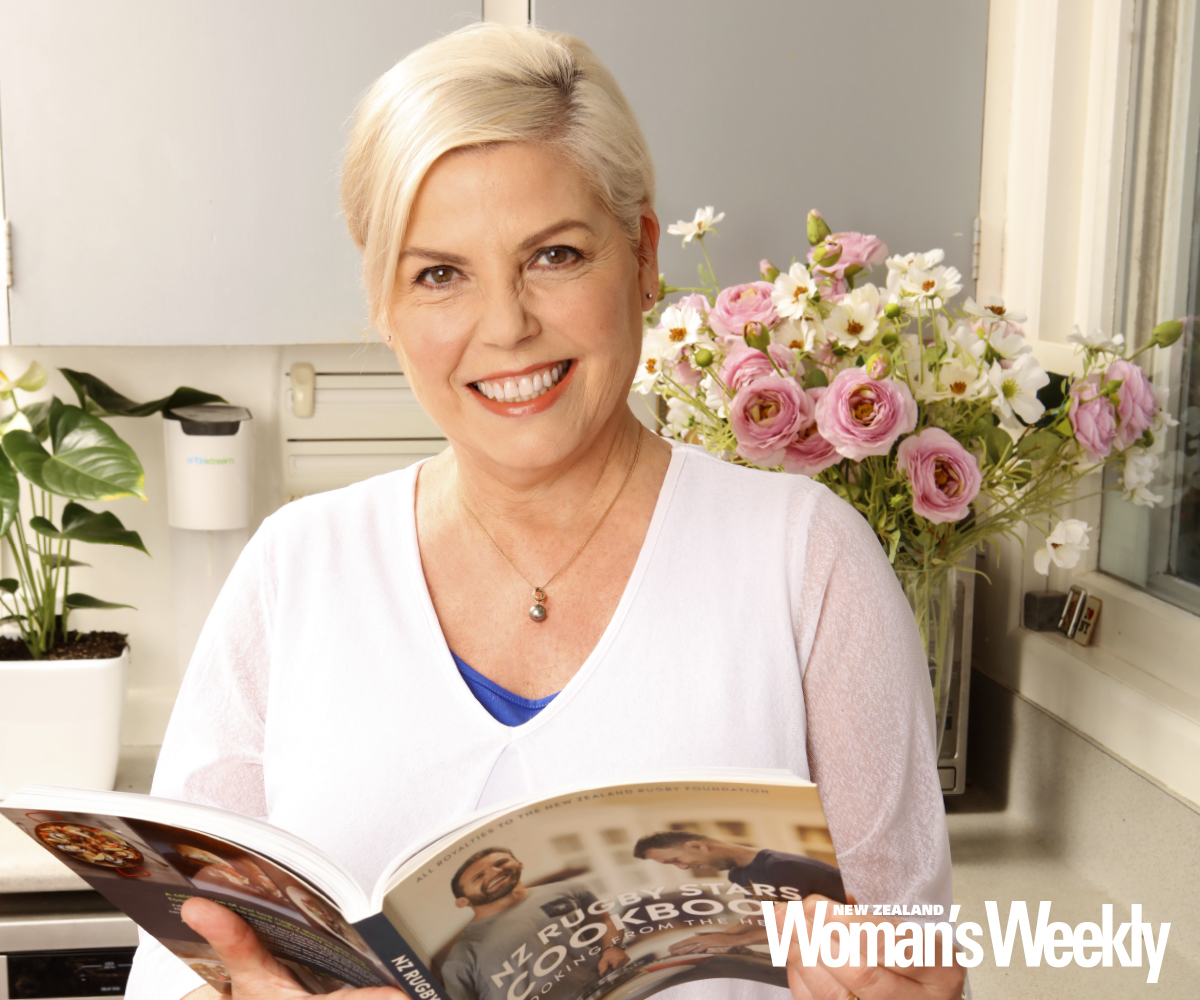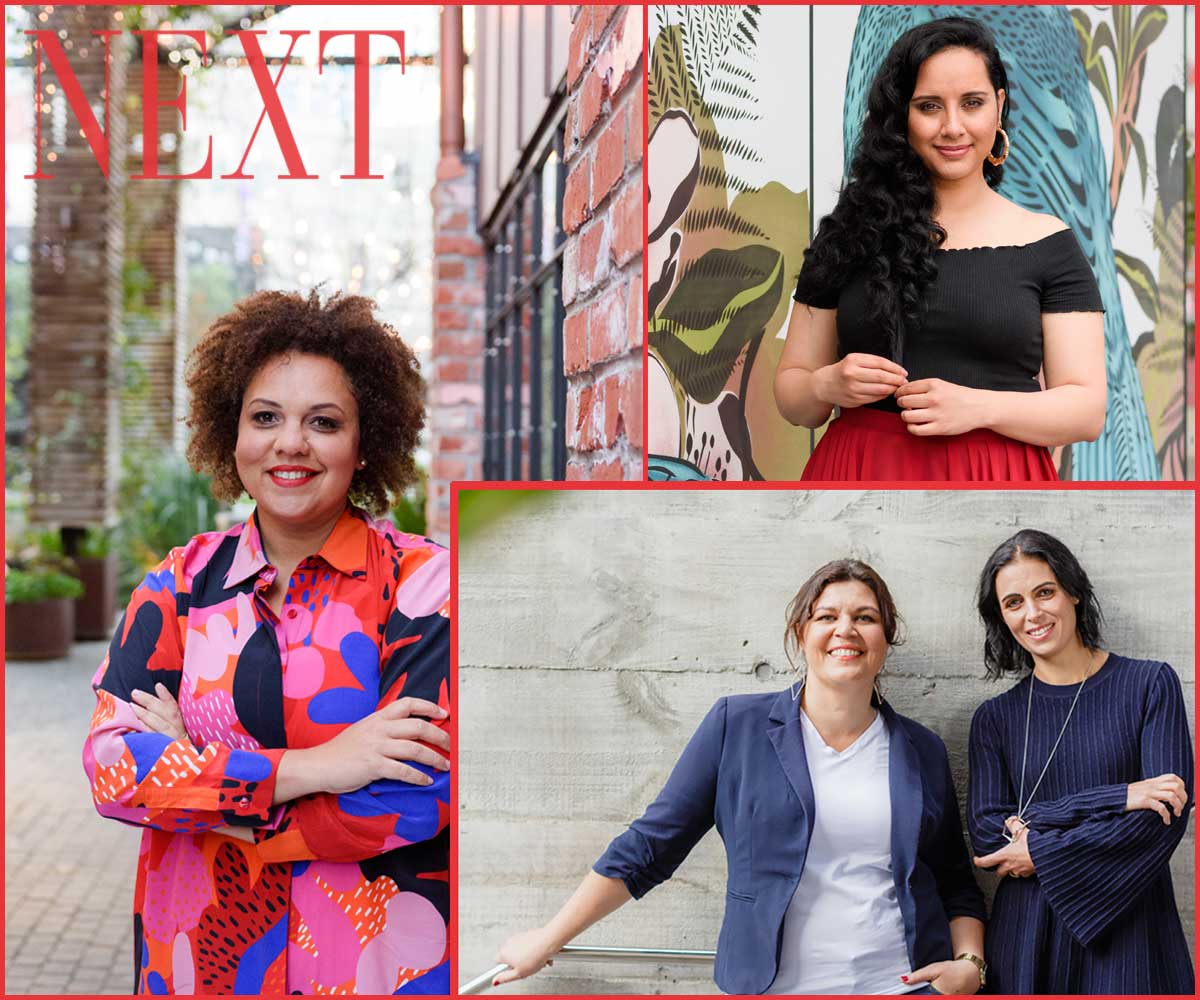A stately four-storey building cloaked in ivy would always catch the eye of Victoria Carter when, as a schoolgirl, she caught the bus through Auckland’s inner city.
Intrigued, she asked her stepfather, respected journalist Pat Booth, what it was.
He replied, ‘Oh, it’s the private Northern Club.’ But in her mind, it became a secret building only for men.
“Which was a strange concept to a child,” says Victoria (54), who found it almost impossible to imagine that 40 years later she would be elected the first female president of the prestigious gentleman’s club.
And what’s more, the former politician isn’t the only trailblazer in the building.

The club has stood on Auckland’s Princes Street since 1869, but only allowed women to join in 1990.
The Officer’s Club – a social organisation for military personnel that made its home within the Northern Club – also recently elected its first female president, Lindy Esslemont (69).
The appointments symbolise that the clubs are no longer male bastions, the women tell the Weekly as they welcome us into the club’s opulent library, but they stress that there’s still a way to go.
“We are so far progressed, but there are still women who don’t know what they’re capable of achieving in their own right,” says Lindy, who served as a captain in the British and Australian armies.
“Or that the door is open,” adds Victoria. “We’ve pushed it open for them and they just need to walk through it! The more that younger women can see older women in different roles and responsibilities, they know they can do it too.
“Women don’t have a tradition of joining clubs. Men are brought up to join the golf club or the squash club, so I want to empower us to try and think differently about joining organisations.”
Victoria’s former boss, Sir Rob Fenwick, encouraged her for years to join the Northern Club after it first let women through its doors in 1990.
“I joined in 1997 because I thought it’d be a good way to broaden my networks and help with the isolation of being self-employed. It forced me to get out!”
Not long after, Victoria was invited onto the committee, on which she’s served for 15 years.
“Funnily enough, I had friends who said they wouldn’t join the club until it had a female president – and they weren’t women!” she says with a laugh.
Lindy joined the Officer’s Club in 2011 because she wanted a feeling of belonging to a military “family” again.
Born in India to Scottish parents who managed a tea plantation, Lindy grew up achieving well academically, but the possibility that she would go to university was not entertained – let alone that she’d join the military.
“My father was a colonial and didn’t know what to do with a daughter with brains, so he booked me into a secretarial college,” says Lindy. “I lasted three years but always felt like, ‘I want to do more than this.'”
Although there were many women in the British Army when she joined, Lindy struggled with its lack of equality, with female officers paid less and forbidden from carrying weapons.
“When I was a young lieutenant, I remember being sent to Germany. They’d never had a female in that particular artillery unit. When I was introduced to the commanding officer, he told me, ‘I don’t want a female in my unit. I don’t believe you can do the job, but I’ve been told I have to have you.’ After two years, he apologised to me.
“I’ve come across that attitude a couple of times and it sticks in my mind. It gave me amazing respect for Maggie Thatcher, as she was prime minister during some of my time in the British Army and Falklands War.”

Lindy in the early 1980s, in her British Army days.
Victoria, meanwhile, reckons she got her guts from her mother, Valerie Davies, the most courageous woman she knows.
When Valerie’s marriage ended in 1970, she moved from Hong Kong to New Zealand with Victoria, then aged six, and her younger brother James.
“Mum knew nobody, yet within a week she got a job at the Auckland Star and a flat.”
(Valerie went on to become one of the Weekly’s longest-standing columnists, writing a ground-breaking column for the time about solo parenting.)
After getting a law degree and setting up her own business, Victoria served on the boards of several high-profile companies, often as the only woman.
“It was incredibly lonely and when there’s only one woman at the boardroom table, it’s very hard to get your message across,” she says.
“People laugh about that, saying, ‘Seriously Victoria? You can’t get your voice heard?’ But certainly over the last 25 years, I’ve experienced many meetings where you might say something and it will disappear. And then a man will repeat it and suddenly it’s like, ‘Oh, good idea!'”
Bonding over their similar challenges, Lindy and Victoria, who are each mothers to two children in their twenties, agree it’s easier to pave the way forward when you’re not the only woman in leadership.
“There’s research proving that one woman doesn’t make that much difference,” Victoria says. “It’s when you add more than one that it encourages a different way of thinking and you get real change.”

.jpg)


